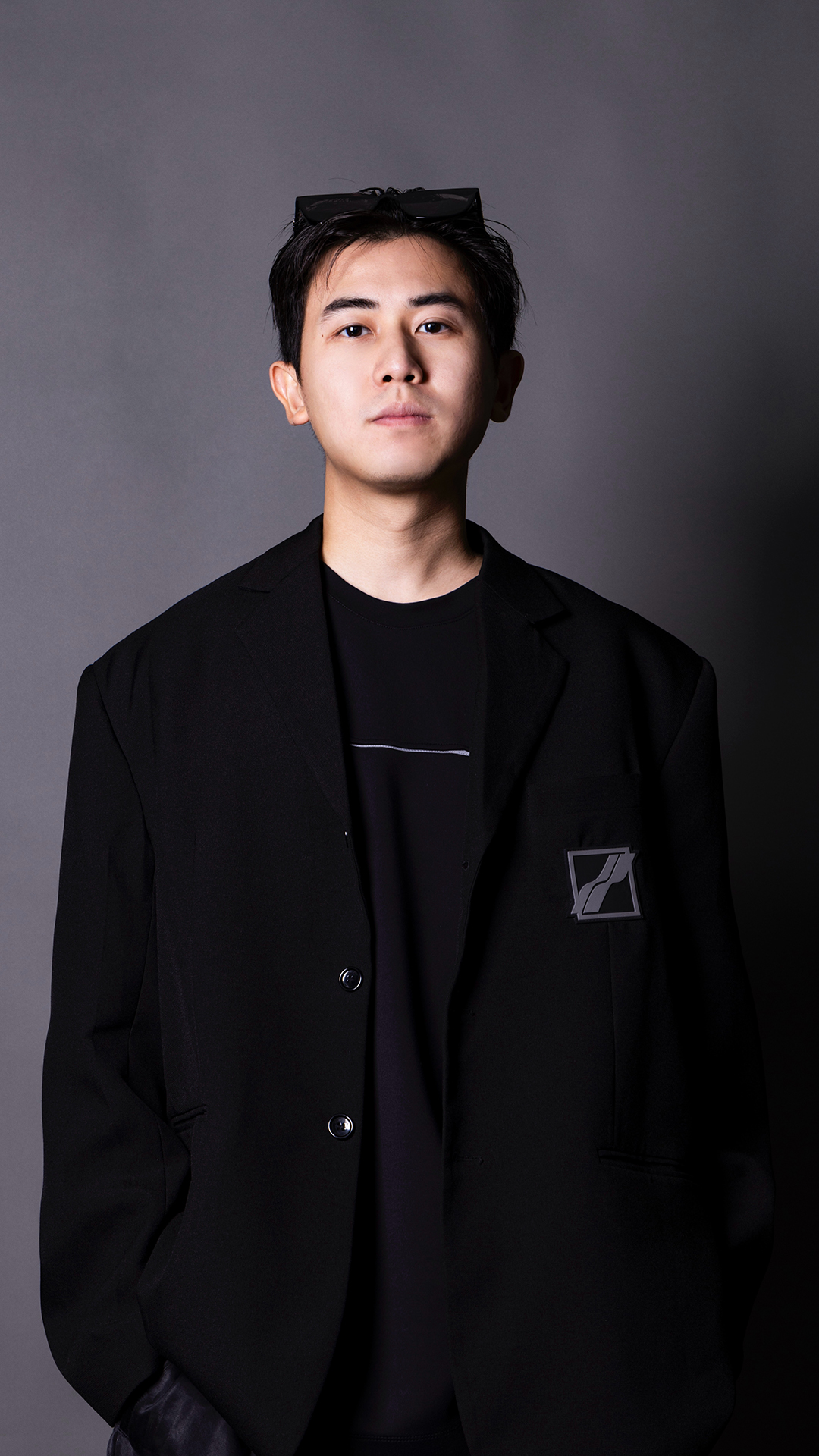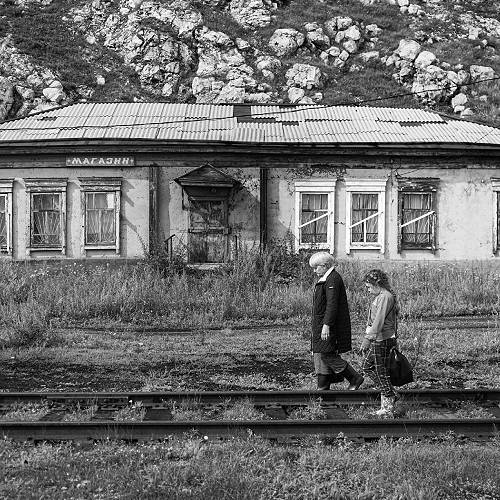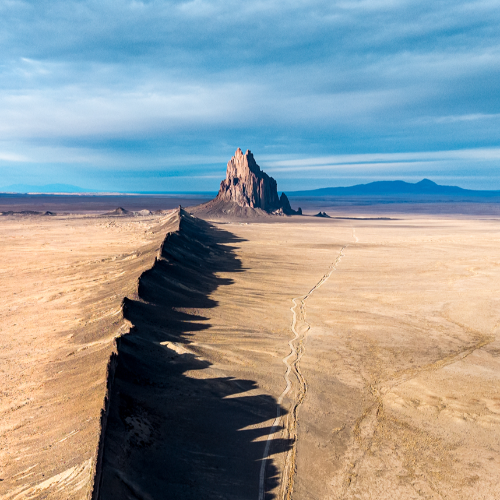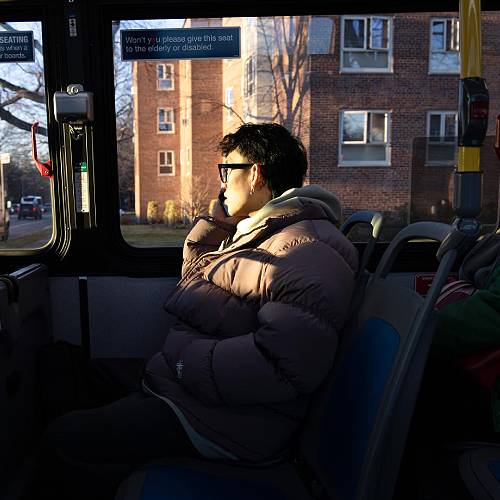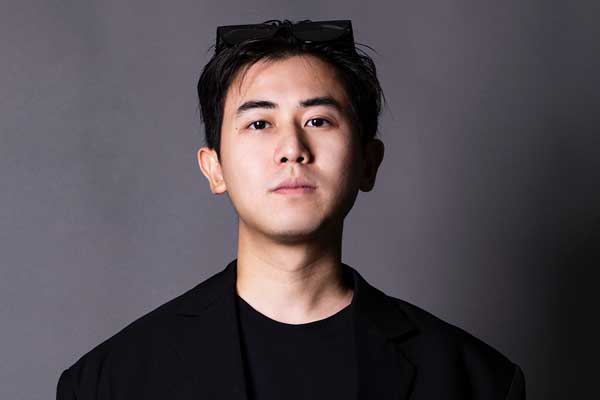
Interview
Yizhen Zhang
United States
Yizhen Zhang is a documentary photographer based between the Bay Area and New York, who uses his camera to break through personal perspectives and quietly capture meaningful stories that often go unseen, revealing the depth and humanity within everyday moments.
1 Congratulations on winning in the MUSE Photography Awards! Can you share a little about yourself, what inspired you to pursue photography, and how has your journey evolved since your first shot?
I'm a documentary photographer currently based between the Bay Area and New York. Photography, for me, has always been a way of reaching out—a way to break through the walls of my own perspective and step into someone else’s world. The camera gives me permission to get close, to observe quietly, and to hold space for stories that might otherwise go unseen. My first series was shot during college, while I was living in the Dominican Republic. Back then, I was focused on traditional documentary work. Over time, my approach has grown to include other genres like street fashion, but the core remains the same: I rely on natural light, honest moments, and a visual language that reflects how I see the world. Whether I'm photographing strangers on a bus or the texture of a city at night, I'm always looking for that quiet intersection between truth and beauty.
2 Can you share the story or inspiration behind your award-winning piece? How does winning this award make you feel about your journey in photography?
This year, I was honored to receive multiple awards across different categories. One of the winning series, Life in Transit, is a collection of moments captured around the world—fragments of humanity unfolding in public spaces. I’ve always believed that great photography lies in its ability to freeze a second that speaks volumes, where multiple narratives unfold within a single frame. That’s why my subjects often aren’t centered—they inhabit every corner of the image, just like in life. Another awarded project, Win or Lose, is a long-term documentary series that has received over a dozen international honors. It’s a multimedia body of work that weaves together photography, film, and photobook into a single narrative. Through it, I aim to portray the struggles and quiet resilience of a new generation of Chinese immigrants in the U.S.—a story deeply personal yet universally resonant. Winning this award affirms the value of these stories and strengthens my commitment to telling them with honesty and depth.
3 How do you decide which photo to submit for a competition?
To me, my projects aren’t ranked by which is “better” or “worse”—they simply reflect different environments, stories, and themes. I tend to submit based on the competition’s specific focus or requirements, rather than favoring one series over another. Ultimately, my goal is to share these images with a broader audience. I want the work to be seen, to resonate, and to spark connection wherever possible.
4 What first made you pick up a camera?
It was the moment I realized the world is filled with fleeting beauty—little scenes, quiet light, human gestures—that I couldn’t hold onto with just my eyes. A camera became my way of pausing time, of preserving something honest and unrepeatable. I wanted to remember, and photography gave me that power.
5 What’s your favorite type of photography, and why do you love it?
Documentary photography has always been my favorite. I’m drawn to its emotional depth and storytelling power. In a time when many photographers chase the fast pace and high returns of commercial work, I find value in slowing down—spending more time with my subjects and letting the camera gently uncover the human stories beneath the surface. There’s a warmth and honesty in that process that keeps me grounded as an artist.
6 What’s your go-to camera setup, and why does it work best for your projects? What’s your favorite feature?
I only use one camera—a Canon R5 that my uncle gifted me. I’ve never seen myself as a gearhead, but rather as a photographer. To me, great photography isn’t about having the most expensive equipment; it’s about the eyes behind the viewfinder. What matters is the ability to see, feel, and capture a moment with honesty and intent.
7 If someone looked at your work, what’s the one thing you’d want them to feel?
I hope they can feel the warmth in my images—that there's something being said beyond the frozen frame. My photos aren’t just visual documentation; they carry emotions, stories, and human connection.
8 What was the most challenging part of capturing your winning shot?
Approaching someone you don’t know is always the hardest part. Building trust with a stranger isn’t something you can script or control. Pressing the shutter is just the final moment of a human connection that’s been earned—and that’s what makes it meaningful.
9 Is there a specific place or subject that inspires you the most?
Not really. I’m driven by the desire to explore places I haven’t been. Every unfamiliar street, every new environment brings the possibility of discovery—and that’s what inspires me.
10 Who or what has been your biggest influence in photography?
My mentors in grad school, Alex Webb and Rebecca Norris Webb, have had a major impact on me. They’re incredible photographers, and my understanding of color and light was deeply shaped by studying their work. That said, I believe every photographer must eventually find their own voice—developing authorship means knowing when to break the rules, and I see them more as my compass than my destination.
11 What message would you share to inspire photographers to participate in photography awards, and what advice would you give to help them excel in the competition?
Don’t focus on winning. Focus on making better work. If you’re truly proud of what you’ve created, that in itself is already a reward.
12 What’s one piece of advice for someone just starting in photography?
Learn the fundamental rules of photography—then figure out how to break them with intention. That’s how you start to develop your own language behind the lens.
13 What role do editing and post-processing play in your creative workflow?
In documentary photography, editing plays a subtle but important role. I avoid heavy post-processing because my goal is to preserve the authenticity and narrative integrity of each frame. I focus on subtle adjustments that enhance clarity while remaining true to the original moment.
14 How do you see technology, like AI, influencing the future of photography and your own approach?
AI is reshaping parts of photography—particularly in genres like minimalism or commercial work where background generation and scene reconstruction can save time. But in people-centered, emotion-driven photography, I believe human connection and instinct remain irreplaceable. The soul of documentary work can’t be generated by an algorithm.
15 If you could photograph anything or anyone in the world, what would it be?
War Photography
